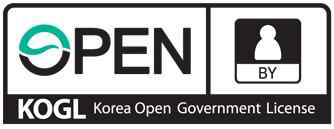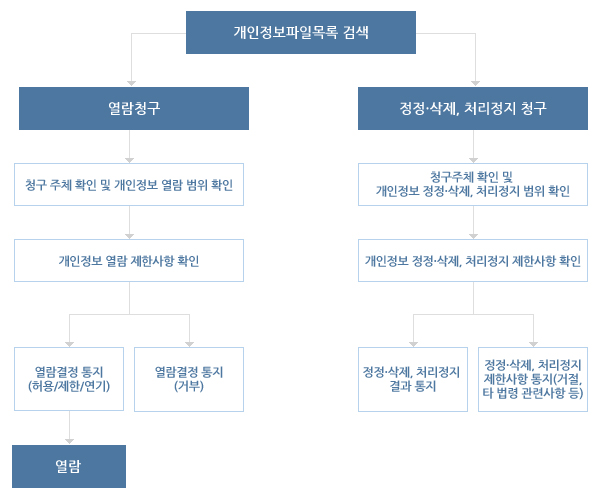Assemblies in Photos
June 20, 1988: first committee leaders elected from opposition parties
- Jun 20, 2014
- 466
And that set off many changes. One of the most prominent changes was that the National Assembly took the initiative in discussions over national issues. When the ruling party had held a majority of seats, the National Assembly had in effect been under the power of the presidential office and the government. But as the number of seats held by the three opposition parties combined exceeded that of the ruling party, tangible changes were observed in the parliament, such as standing committees’ chairmen from opposition parties.
From the Constituent Assembly to the 5th Assembly, distribution of the posts of committee chairmen among parties and their election had been done without any formal rule. From the 6th Assembly, the winner-takes-all principle had been put in place, according to which a majority party had held all the posts.
In the 13th Assembly, however, the four parties negotiated over how many posts each party would take. And in a plenary session held on June 20, 1988, over 20 days into the opening of the 13th National Assembly, they concluded that seven posts would go to the DJP, four to the PPD, three to the PRD and two to the NDRP.
Even after the DJP, the PRD and the NDRP merged into one giant ruling party, the Democratic Liberal Party, in 1990, a certain portion of the committee chairmen was still given to the opposition party. Until now, the posts of standing committee chairmen are distributed in proportion to the number of seats held by each party, even if the dominant party has a majority.


